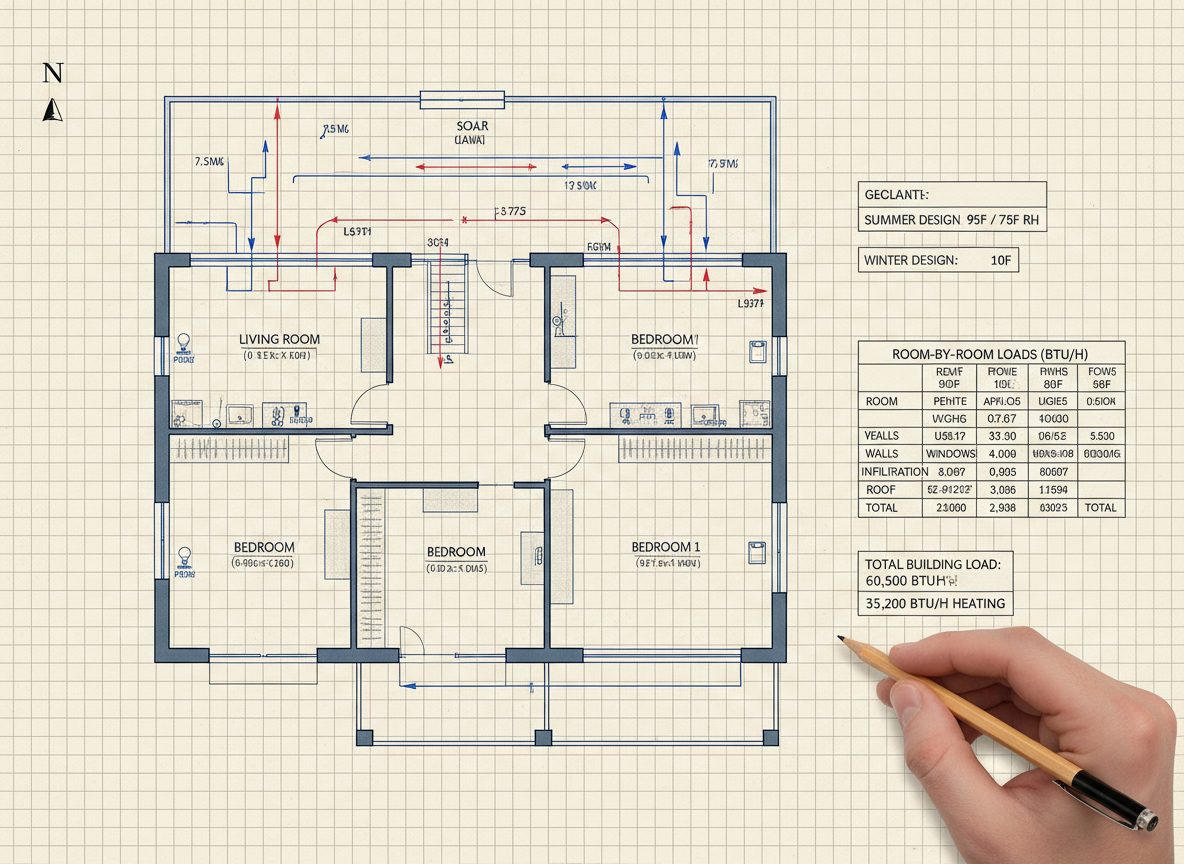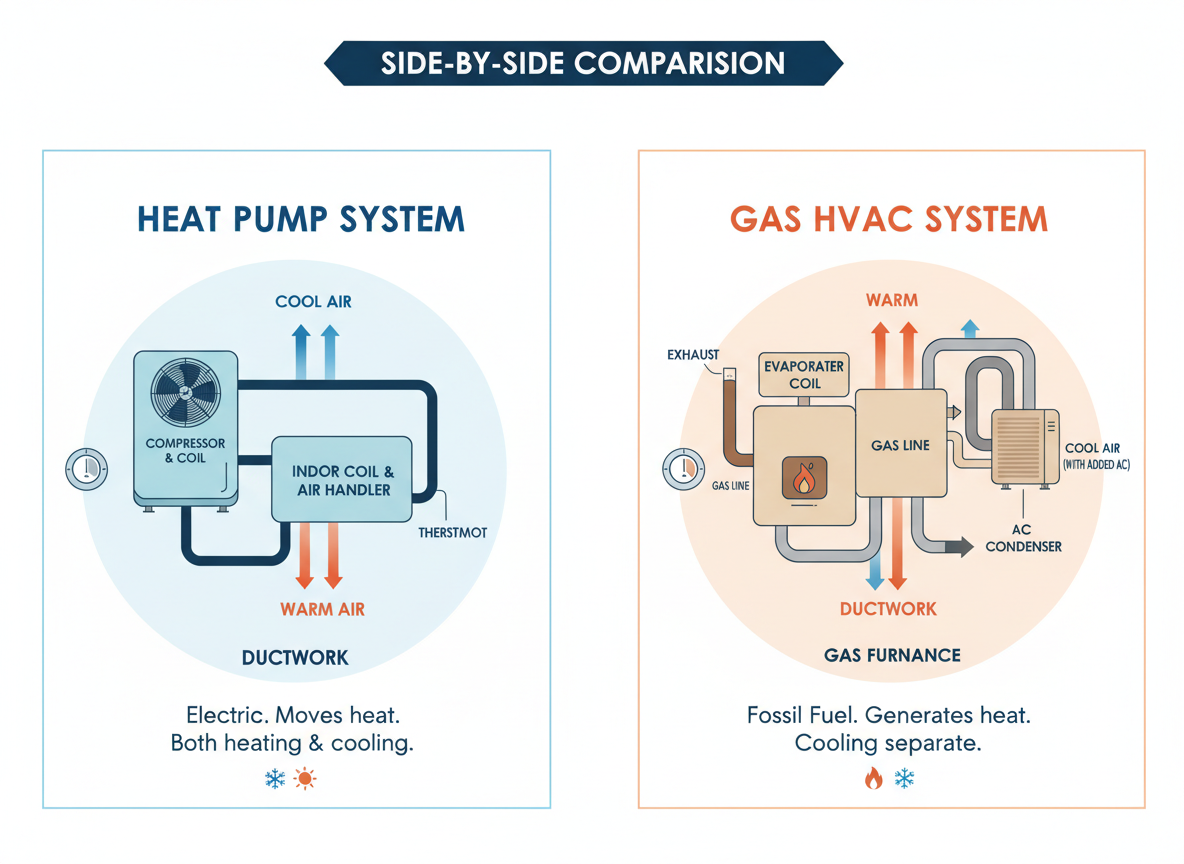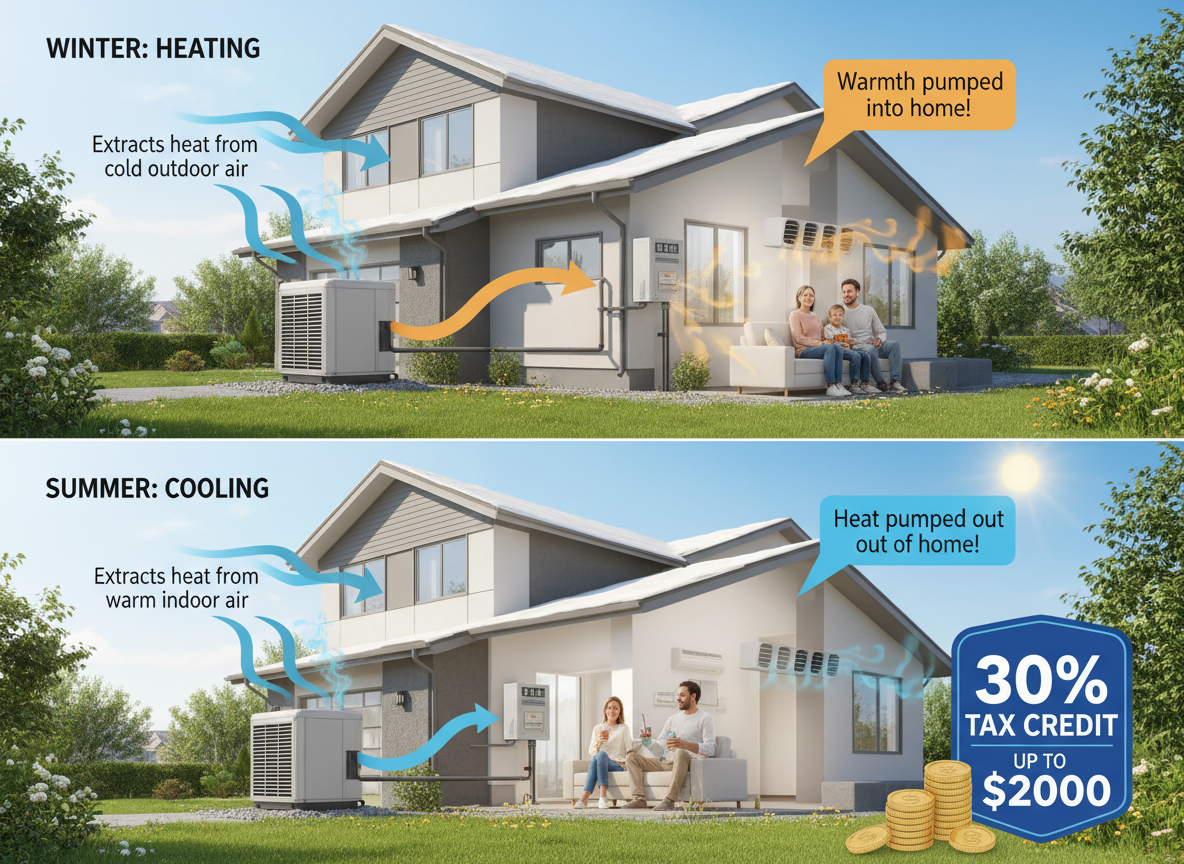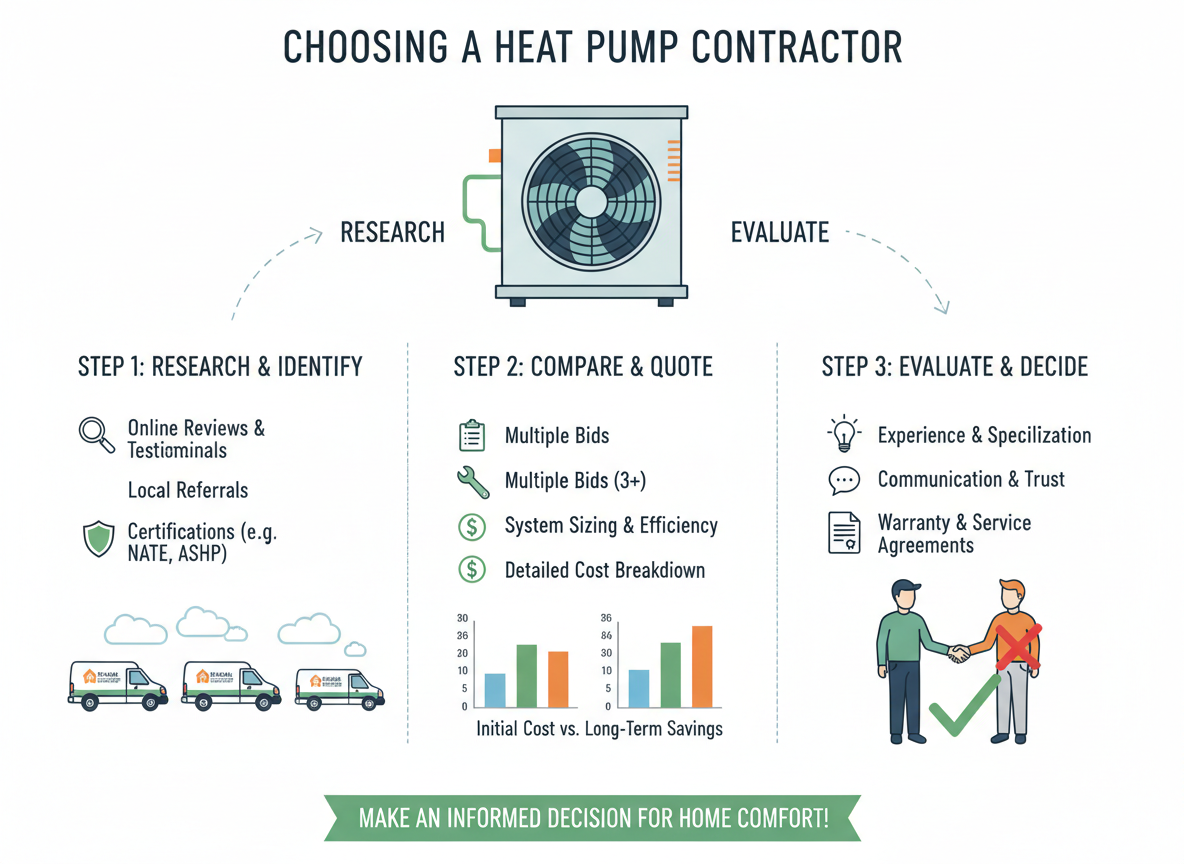
Deciding to buy a new air conditioner can be a difficult process. We understand it can be overwhelming since there are many different types and models out on the market which can make it hard to choose the right one for your home. All air conditioners work the same way. A coil inside the indoor unit removes heat while the outdoor coil exhausts the heat outdoors. Where it can get more complicated is choosing between single stage AC vs two stage AC.
What is A Single Stage Air Conditioner?
A single stage AC is the most basic type of air conditioner it only has one operational mode either on or off. There is no in-between for single stage air conditioners. Whether you call for it to cool by 1 degree or 20 the AC will run in full capacity mode until the set temperature is reached. When the set temperature is reached the compressor will turn off until the temperature rises again and the cycle begins again.
Single Stage AC Pros
Some of the reasons why so many homes use single stage AC:
- Low initial price. They are less expensive than two-stage models.
- Single stage ACs will still cool your home properly, as long as they are sized properly and installed correctly.
- Faster installation
Single Stage AC Cons
Some cons to consider when purchasing a single-stage AC:
- Less efficient than 2 stage AC models. They run at full capacity on mild and extreme heat days leading to higher energy bills.
- Modern AC systems tend to run more quietly, but the constant start and stop can be bothersome to some.
What is A 2 Stage AC?
Unlike the single stage AC, a two-stage AC has two operational modes – high and low capacity based on how much cooling your home needs. On exceptionally hot summer days, the AC will run at high capacity, but on milder days it will run on low mode making it more efficient. When the system is in low mode it runs for longer periods of time it leads to much more even temperatures throughout the home. Furthermore, the lower level also reduces the overall load on your system which can lead to a longer lifespan.
Two Stage AC Pros
The main advantages of purchasing a two stage AC are:
- More efficient than single stage AC since they spend about 80% of their time on low mode resulting in energy savings.
- Less noisy since it will most often run on low mode.
- More even temperatures. They bypass the usual on-off cycle which allows them to avoid the temperature swings common with single stage ACs.
Two Stage AC Cons
Two stage ACs also have some drawbacks:
- Higher cost. If on a budget single stage ACs would be a better option.
- Bigger and heavier AC systems, making them difficult to install if you do not have adequate space.
Check Our Professional HVAC Services
In learning about single stage AC vs two stage AC we hope you have more of an understanding of which one may be better for you and your home. There isn’t always a best option but there are better options more suitable for you. The most important items to consider are budget, size of home and cooling needs. If you are ready for AC replacement, give us a call today or contact us online, we offer free consultations and are here to help you.
Single Stage AC vs Two Stage AC Related Posts:






















.png)














